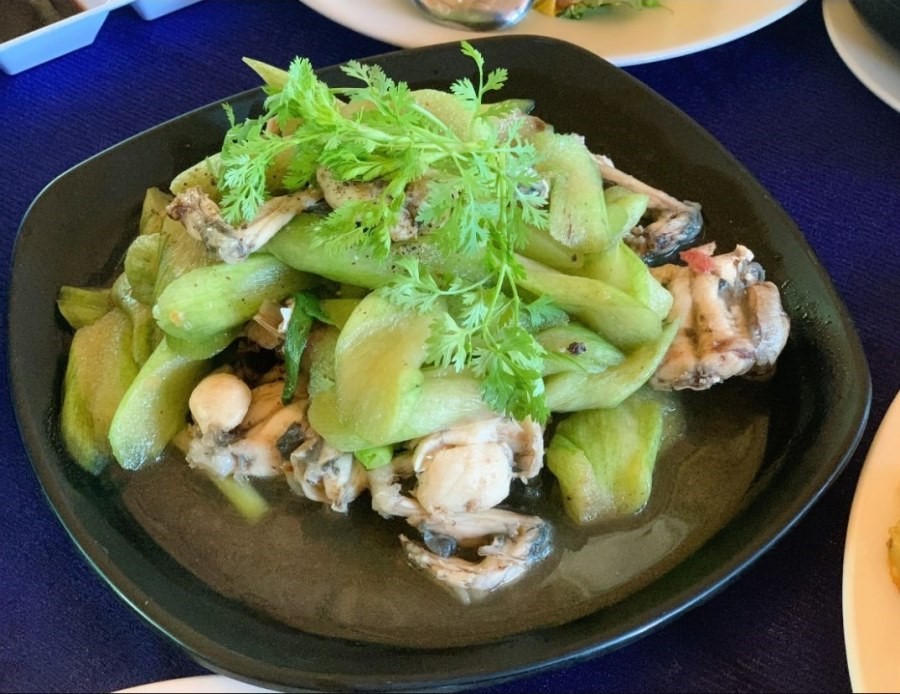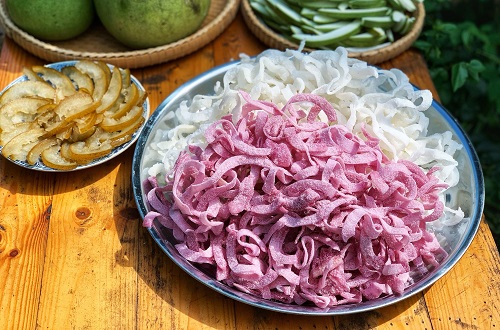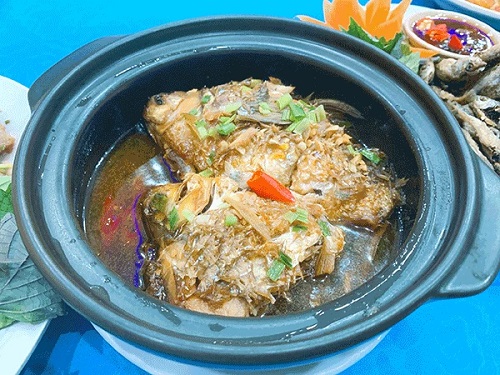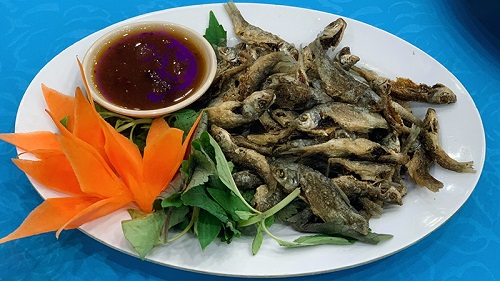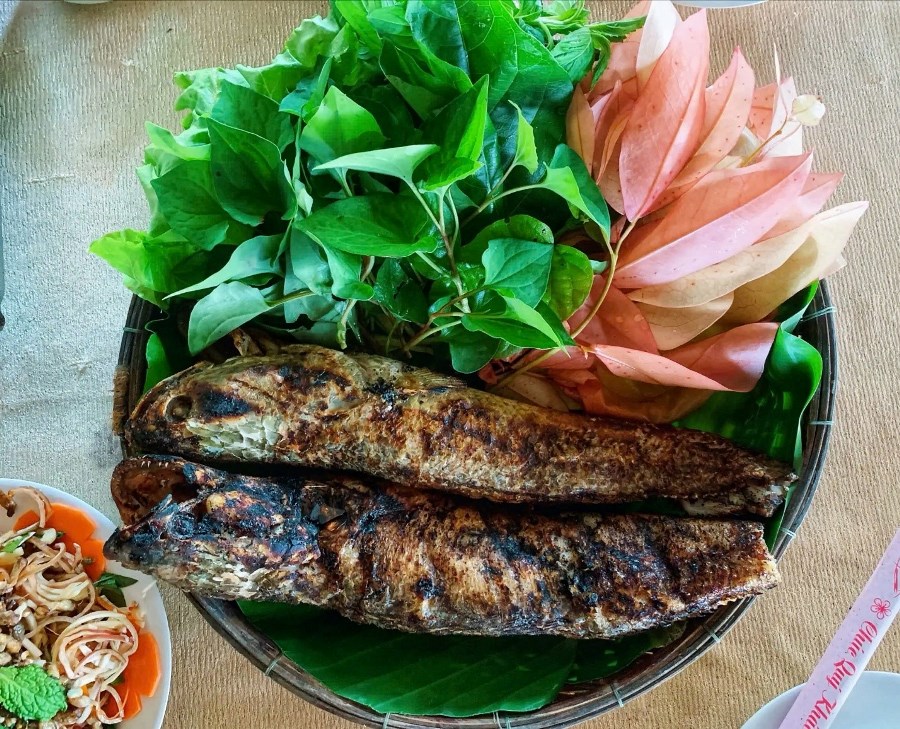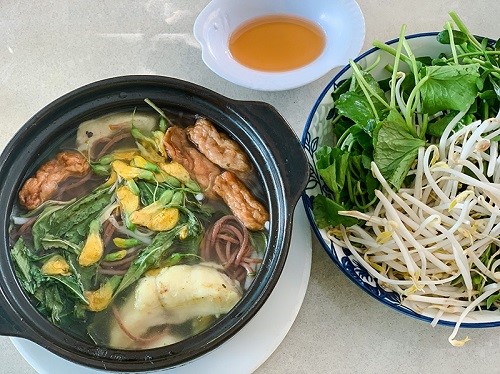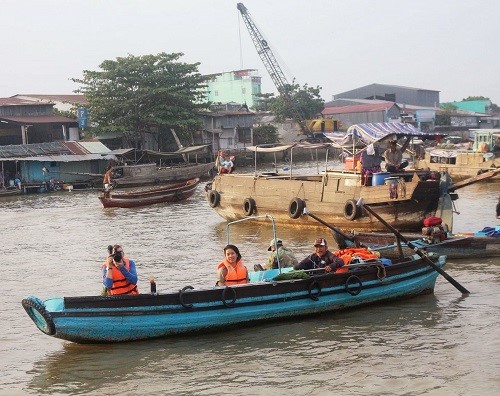
Tourism has not yet met expectations
The development plan for tourism development of the Mekong Delta until 2020, by 2030 defines “the effort to make Can Tho the center of tourism and coordination of visitors from the entire Mekong Delta, one of the tourism development centers across the country”. Directive 03-NQ/TU of the Party Committee of Can Tho city on tourism development also sets its objective: “To Can Tho tourism a cutting-edge economic sector, legalize its commercial brands, develop it sustainably and in a targeted manner to contribute its important part to the structure of services and the growth of the city, professionalize it, modernize it for a city central delta of the Mekong delta”. As a result, the city has implemented programs, projects, tourism development plans in order to create changes for its smoke-free industry.
During the period 2015-2019, the number of visitors to Can Tho rose from 4.7 million to 8.8 million with a growth of 1.9 times. Experts claim that Can Tho many advantages in terms of tourism resources (floating markets, fluvial countryside landscapes; historical and cultural vestiges, folk festivals, traditional craft villages, gastronomic culture, etc.), the position of the center of the Mekong Delta; infrastructure, human resources in the tourism sector; tourist markets ...
However, the city doesn’t really have a blast with typical products. Due to the lack of intensive investments, its products do not reach high values and their interest remains limited. The efficiency of tourism activities is therefore still low given the modest spending by visitors for tourism services. The average length of stay in Can Tho reaches 1.5 days. The turnover of the tourist services of the city comes second in the Mekong Delta (after Kien Giang province), which shows that Can Tho is simply a rest area for visitors connecting to tourist sites in other places in the Mekong Delta.
To promote tourism in Can Tho, therefore, there should be relevant guidelines and solutions among which the creation of the trademark of tourism products should be taken into account.
Searching for directions
Mr. Duong Tan Hien, Permanent Vice Chairman of the People's Committee of Can Tho city said: “To attract visitors, the creation of the commercial brand of tourism products is very important. To create original tourism products, it is necessary to study the experiences of other localities, to gather opinions from scientists, experts, and companies, to study customer needs in order to have directions for relevant solutions”.

MICE tourism with the system of luxury hotels and particular style is a product that Can Tho city strives to create
Dr. Nguyen Quoc Nhi, from the Faculty of Economics of the University of Can Tho, shares his opinion for the development of local tourism: “Can Tho's tourism development does not match its potentials and strengths, because it lacks a marketing strategy to impress and keep visitors. Can Tho should establish a strategy with the relevant directions”. Dr. Nguyen Quoc Nghi proposes 4 main points of the marketing strategy: symbols of the locality, peculiarities of the locality, call for investment, and attraction of talent. Possession of the typical original products is a key factor in developing an effective long-term strategy.
Mr. Nguyen Minh Tuan, Deputy Director of the Culture, Sport and Tourism Department of Can Tho city, said: “In reality, Can Tho is promoting many types of tourism among which, MICE tourism (meeting, congress, convention, and travel tourism) and river tourism are the strengths. The locality is focusing on these key types through numerous projects and programs”. The typical products development project of Can Tho city for the period 2018-2020, by 2030 also specifies MICE tourism and river tourism as main products and other complementary products such as ecotourism, tourism of traditional craft villages, agricultural tourism, visit to historical and cultural remains. Can Tho city mobilizes its resources for the construction of infrastructures responding to the development of these products.
However, there are still many difficulties, especially in connection and correspondence. Mr. Nguyen Tan Nhon, Deputy Director of the Department of Agriculture and Rural Development of Can Tho city said: “The tourism sector should cooperate with the Department of Transport and Department of Agriculture in order to propose an integrated planning in the construction of coherent infrastructure for the development of tourism. The supply chain should be seamlessly connected to promote tourism”. Mr. Nguyen Tan Nhon suggests to the city authorities to pay more attention to the functioning of agricultural tourism and farms because it is the favorite trend of visitors while high technology agriculture is an asset of Can Tho. In addition, Can Tho currently has 27 recognized OCOP (one commune - one product) products. Ms. Le Thi To Quyen from the Faculty of Social and Human Sciences shares her opinion: “Can Tho has many potentials for tourism development, but one of its limitations is that it lacks a supply chain. The products of this type of tourism remain rudimentary, lacking intensive investment and branding. Can Tho's agricultural tourism can make a difference if it receives significant investment”,
On the other hand, Ms. Nguyen Le Hoa Tuyet, from the Faculty of Industrial Management of the University of Technology, believed that Can Tho should promote gastronomic tourism. “In reality, gastronomy cannot be detached from tourism, but it is not yet well identified. Better exploited, gastronomic tourism will be a new trend creating a typical trait of Can Tho, above all through folk festivals and gastronomic events with its own commercial brands”, said Ms. Nguyen Le Hoa Tuyet.
Mr. Nguyen Minh Tuan, Deputy Director of the Culture, Sport and Tourism Department of Can Tho city, said: “We will study the opinions of experts and representatives to have relevant proposals and solutions in the creation of typical tourism products, little by little. can create commercial brands for the different destinations and raise the competitiveness of tourism in the city”, he said. Many projects are currently to be carried out: river tourism, agricultural tourism, night-time economy, digital transformation of tourist activities to approach more varied markets.
Due to the COVID-19 pandemic, in 2020 the number of visitors to Can Tho reached only 5.6 million, down 36.8%, and occupied only 60.9% of the annual plan. During the first 10 months of 2021, the number of visitors is down 50% compared to last year. The pandemic has negatively affected all tourism promotion and cooperation activities. Major tourist events could not take place as planned. For safe tourism adapted to the context of the pandemic, Can Tho city will promulgate the plan “The inhabitants of Can Tho travel to Can Tho”, in the immediate future, the city will offer free stays to medical executives on the front lines of the battle against the COVID-19 pandemic.
Source: Can Tho News - Translated by Hoang Dat







